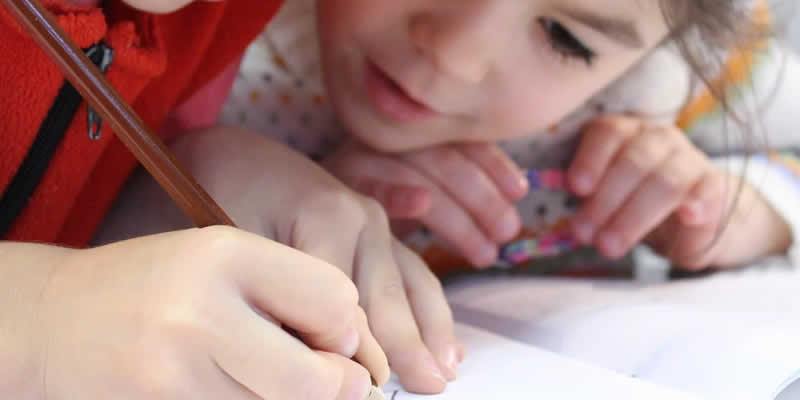Singing and playing music poses “no heightened risk” to spreading respiratory particles associated with COVID-19, according to new research.
The findings, led by a team from the University of Bristol, could help the performing arts industry get back on its feet after all live performances were cancelled because singing was deemed as a “higher risk” activity.
But, as of August 15, live indoor performances in England were allowed to resume, providing strict social distancing measures were in place. However, these findings could help lift some of those rules in the near future.
The study, (ParticulatE Respiratory Matter to InForm Guidance for the Safe Distancing of PerfOrmeRs in a COVID-19 PandeMic (PERFORM), is the first research project to look at the amounts of aerosols and droplets generated by a large group of professional performers.
- Depression rates doubled amid COVID-19
- Llama antibodies could help treat COVID-19
- NHS urged to brace itself for second wave of COVID-19
Aerosols are tiny particles which are exhaled from the body and float in the air. Emerging research has suggested that COVID-19 could be spread via these particles as well as droplets that land on surfaces which people then touch.
The singers were asked to perform a range of exercises including breathing, speaking, coughing, and singing. They also had to sing the basic Happy Birthday song at different decibel levels so the researchers could measure how much aerosols and droplets were released during their performance.
The findings did suggest there is a direct link between higher volumes of singing and speaking and increased aerosol mass. However, singing does not produce more aerosol than speaking at a similar volume does.
Johnathan Reid, Director of ESPRC Centre for Doctoral Training in Aerosol Science and Professor of Physical Chemistry at the University of Bristol, said: “The study has shown the transmission of viruses in small aerosol particles generated when someone sings or speaks are equally possible with both activities generating similar numbers of particles.
“Our research has provided a rigorous scientific basis for COVID-19 recommendations for arts venues to operate safely for both the performers and audience by ensuring that spaces are appropriately ventilated to reduce the risk of airborne transmission.”
Culture Secretary Oliver Dowden said: “Singing and playing music are passions for many people who will welcome the findings of this important study, which shows that there are no heightened risks associated with these activities.
“This means people can get back to performing, another important step showing we are Here for Culture through COVID.
“We have worked closely with medical experts throughout this crisis to develop our understanding of the virus, and our guidance is updated in light of these findings today.”





